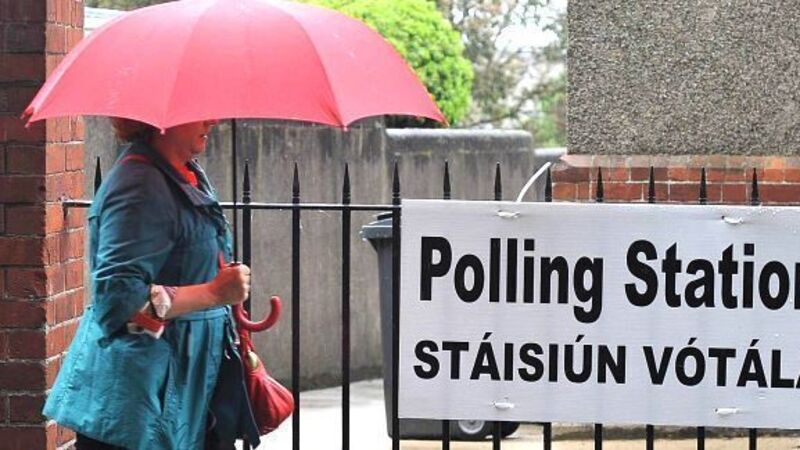Government ‘ignored calls’ on improving voter register

No major changes have been made to reform the register, despite criticism by the representative body of the heads of local authorities about the slow pace to modernise the system of maintaining an eligible voter list.
The Irish Examiner has seen documents which show the County and City Managers Association warned the Government that the practices used to maintain the register were outdated and in need of urgent improvements since May 2012.













